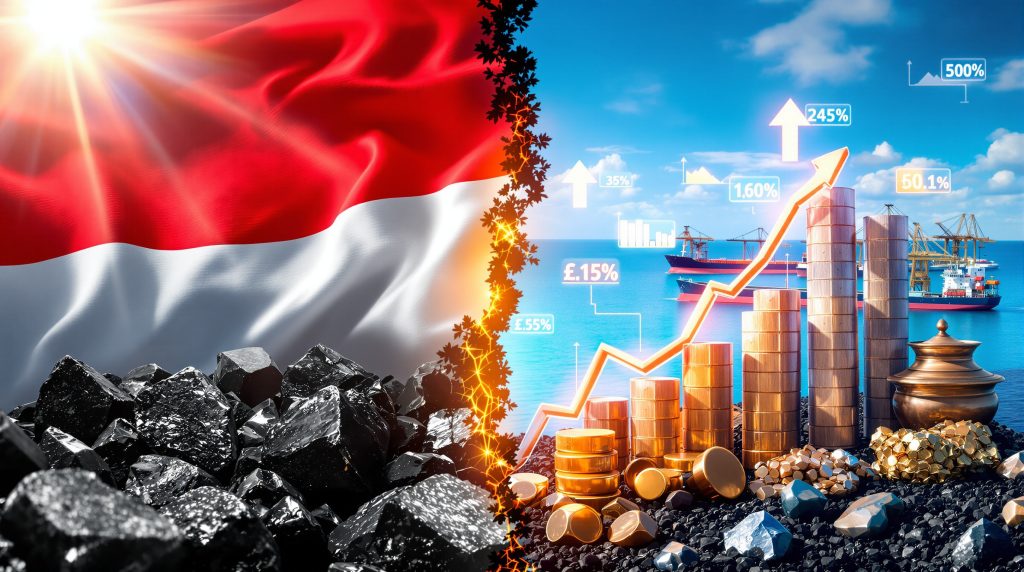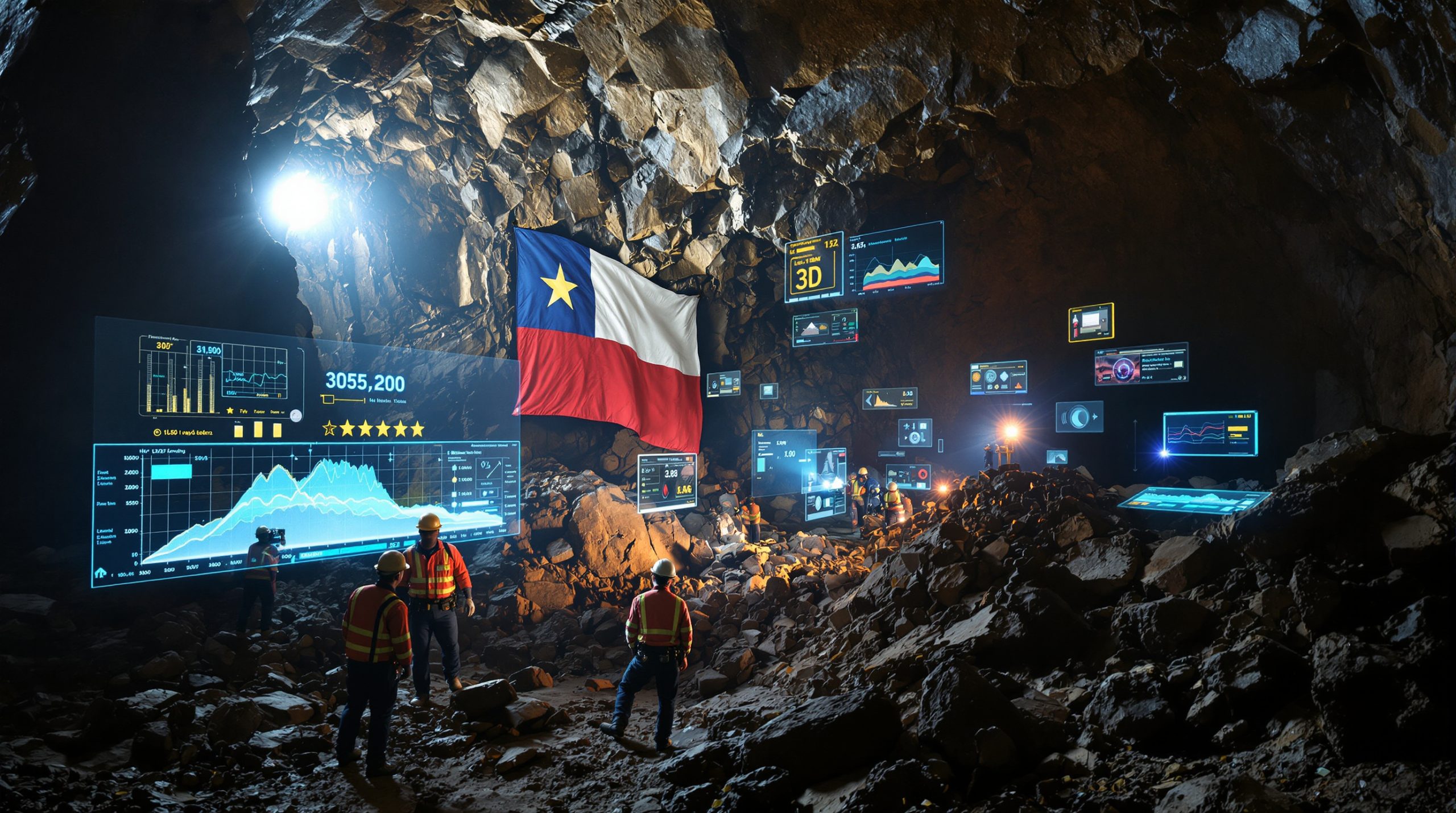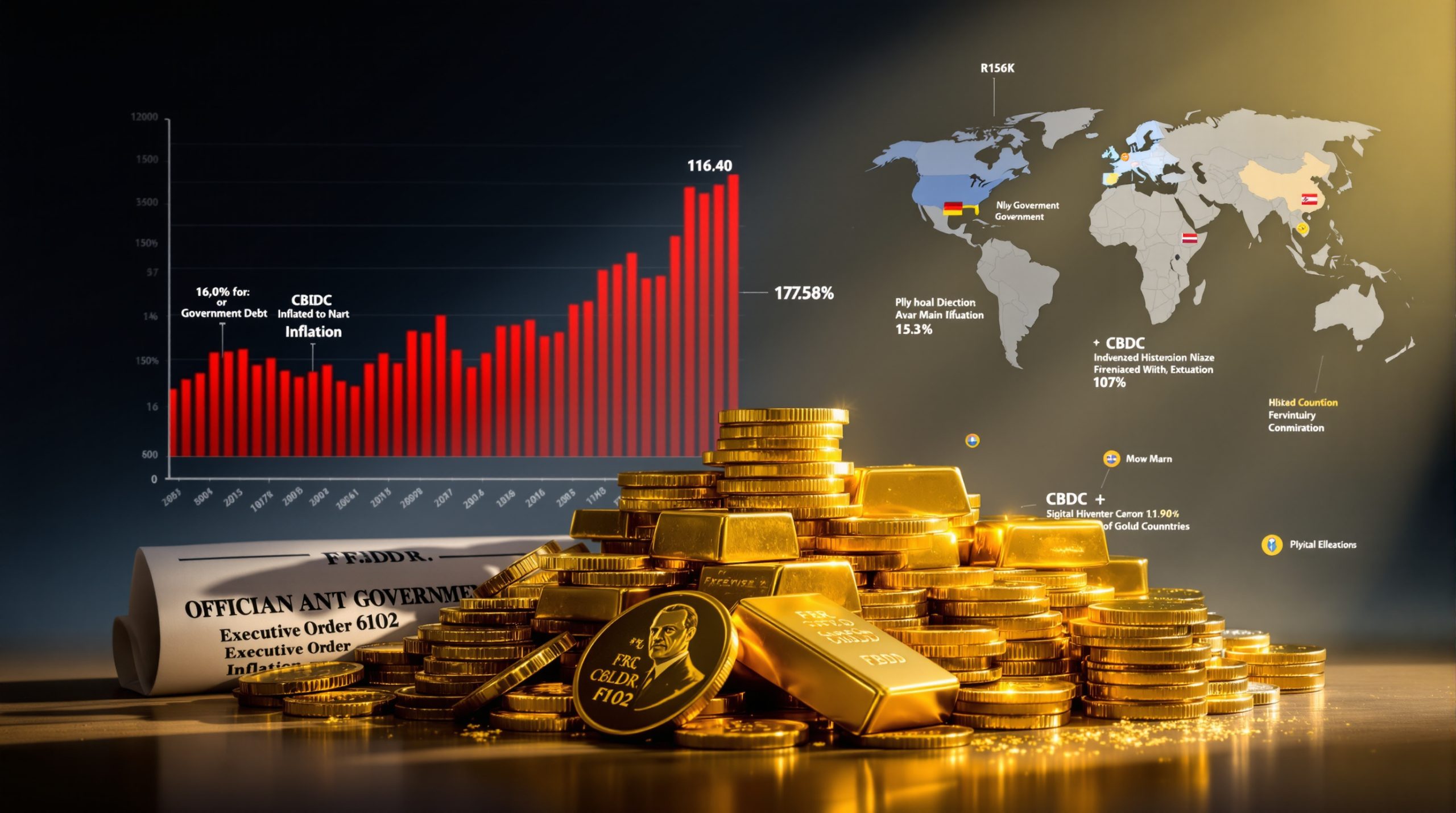Indonesia's Mineral and Coal Pricing Reform: Impact and Implications
Indonesia has recently eliminated the requirement to use government benchmark prices as the floor price in mineral and coal sales transactions. This significant policy shift, implemented through a mining ministry decree issued in August 2025, represents a major change in how Indonesia regulates its valuable commodity exports. The new policy allows miners to sell minerals and coal below the government-set benchmark prices while maintaining tax calculations based on these benchmarks, creating a dual pricing system that balances market flexibility with revenue protection.
Key changes to Indonesia's pricing policy
- Miners can now sell minerals and coal below the government-set benchmark prices
- Production levies and tax obligations will still be calculated based on the benchmark prices
- The decree affects both domestic and export transactions
- The change impacts multiple commodities including coal, nickel, copper, tin, cobalt, and bauxite
Why did Indonesia implement benchmark pricing initially?
The benchmark pricing system was established as part of Indonesia's strategy to maximize the economic value of its natural resources. By implementing mandatory price floors, Jakarta aimed to standardize commodity valuations and protect government revenue streams from potential undervaluation practices. These regulations were closely tied to iron ore price trends and similar commodity standards in the region.
Original objectives of benchmark pricing
The Indonesian government initially implemented mandatory benchmark pricing to:
- Exert greater control over commodity valuation
- Ensure appropriate royalty collection
- Standardize pricing across the sector
- Prevent potential undervaluation of resources
- Protect government revenue from the mining sector
Timeline of benchmark price implementation
- Coal benchmark pricing became mandatory for transactions on March 1, 2025
- Prior to this, the benchmark was already used for royalty calculations
- The benchmark system had been expanded to include nickel products, copper, tin, cobalt, and bauxite
What challenges did the benchmark pricing system face?
Despite its intended benefits, the benchmark pricing system encountered significant resistance and practical challenges that ultimately led to its reform. Industry participants consistently highlighted several key issues that hampered its effectiveness and market acceptance. According to Reuters, the policy faced significant pushback from both domestic and international buyers.
Industry resistance to benchmark pricing
The benchmark pricing system encountered significant opposition from market participants:
- Both buyers and exporters preferred using the Indonesian Coal Index
- Industry participants criticized the government benchmark as opaque
- The benchmark was updated less frequently than market-based alternatives
- Government benchmark prices were generally higher than market-based indices
Practical implementation issues
- Difficulty in reconciling benchmark prices with actual market conditions
- Administrative burden for companies to comply with benchmark requirements
- Reduced flexibility in negotiating contracts
- Potential impact on competitiveness in international markets
How will this policy change affect Indonesia's mineral and coal sectors?
The elimination of mandatory floor prices while maintaining benchmark-based taxation creates a unique dual pricing system that could significantly impact Indonesia's position in global commodity markets. Early export data suggests this flexibility is already yielding positive results. The commodity prices impact has been immediate for many Indonesian producers.
Impact on coal exports
- Indonesia exported 238 million tons of thermal coal in H1 2025, up 20% year-over-year
- The policy change may further accelerate export growth
- Greater pricing flexibility could enhance Indonesia's competitive position
- Market-responsive pricing may attract more international buyers
Effects on mining companies
- Increased flexibility in negotiating sales contracts
- Potential for more competitive pricing strategies
- Continued tax obligations based on benchmark prices regardless of actual sale price
- Need to balance lower sales prices against fixed tax calculations
Revenue implications for the government
- Tax and royalty calculations will remain based on benchmark prices
- This mechanism protects government revenue even if actual sale prices are lower
- Potential for increased overall revenue if export volumes grow
- Reduced administrative burden in monitoring price compliance
What does this mean for global commodity markets?
Indonesia's policy shift occurs at a time of increasing global demand for critical minerals and could significantly impact international commodity trading patterns, especially within the Asia-Pacific region. The increased pricing flexibility may reshape regional supply chains and trade relationships. Experts are already considering strategies for market volatility hedging in response to these changes.
International market implications
- Increased competitiveness of Indonesian coal and mineral exports
- Potential pressure on global commodity prices if Indonesian exports increase
- Shift in regional trade dynamics, particularly in Asia-Pacific markets
- Greater integration with international pricing mechanisms
Commodity-specific impacts
- Coal: Enhanced flexibility for Indonesia's position as a major thermal coal exporter
- Nickel: Potential for increased market share in battery and stainless steel supply chains
- Copper and tin: More competitive positioning in technology manufacturing supply chains
- Bauxite: Possible acceleration of Indonesia's growing role in the aluminum value chain
How does this fit into Indonesia's broader resource strategy?
The policy reform represents a calibration rather than a fundamental shift in Indonesia's resource governance approach. It maintains significant government influence while allowing greater market responsiveness, reflecting Indonesia's evolving approach to balancing resource nationalism with market integration. These changes align with broader mining industry evolution trends across Southeast Asia.
Balancing regulation and market forces
- The policy shift represents a more market-oriented approach
- Government maintains influence through tax and royalty calculations
- Attempt to balance revenue protection with export competitiveness
- Part of ongoing refinement of Indonesia's resource governance framework
Indonesia's evolving minerals policy
- Continues focus on adding value to raw materials within Indonesia
- Maintains export restrictions on certain unprocessed minerals
- Encourages domestic processing and refining capacity
- Seeks to maximize economic benefit from natural resources
What should industry participants expect moving forward?
Mining companies and commodity traders will need to develop new strategies to capitalize on the pricing flexibility while managing the fixed tax obligations. This dual system creates both opportunities and challenges that will require sophisticated approaches to optimize. According to The Jakarta Post, industry response has been cautiously optimistic as companies adjust to the new framework.
Short-term adjustments
- Transition period as companies adapt pricing strategies
- Potential increase in contract renegotiations
- Adjustment of financial projections based on new pricing flexibility
- Review of marketing and sales approaches
Long-term strategic considerations
- Companies may need to balance lower sales prices against fixed tax calculations
- Potential for increased export volumes but with careful margin management
- Opportunity to develop more sophisticated pricing mechanisms
- Enhanced need for commodity trading insights and pricing analytics
FAQ: Indonesia's Mineral and Coal Pricing Reform
Will this change affect Indonesia's position as a major coal exporter?
Indonesia is likely to maintain or strengthen its position as a major coal exporter. The increased pricing flexibility may enhance competitiveness, potentially leading to higher export volumes. The country's H1 2025 thermal coal exports of 238 million tons (up 20% year-over-year) demonstrate strong export momentum that this policy change could further accelerate.
How will mining companies balance pricing flexibility against tax obligations?
Mining companies will need to carefully consider the relationship between sales prices and tax obligations. While they can now sell below benchmark prices, taxes and royalties will still be calculated based on these benchmarks. This creates a potential squeeze on margins if market prices fall significantly below benchmark levels, requiring sophisticated pricing strategies.
Does this signal a broader shift in Indonesia's resource governance approach?
This change represents a calibration rather than a fundamental shift in Indonesia's approach. The government maintains significant influence through benchmark-based tax calculations while allowing more market flexibility in actual transactions. This balanced approach suggests Indonesia is refining its resource governance to optimize both competitiveness and revenue generation.
How might this affect investment in Indonesia's mining sector?
The increased pricing flexibility may enhance Indonesia's attractiveness to mining investors by allowing more market-responsive operations. However, the maintenance of benchmark-based taxation maintains regulatory predictability. This balanced approach could encourage investment while ensuring the government captures appropriate value from resource extraction.
Further Exploration:
Readers interested in learning more about Indonesia's mineral and coal sector regulations can also explore related educational content available from industry publications, which offer additional perspectives on mining policy developments in Indonesia and other resource-rich nations.
Disclaimer: This article contains analysis of policy changes and potential market impacts. The predictions and forward-looking statements represent informed opinions based on current information but should not be considered as guaranteed outcomes. Market conditions and regulatory environments can change rapidly.
Ready to Capture Early Investment Opportunities in Mineral Discoveries?
Discovery Alert's proprietary Discovery IQ model instantly notifies investors of significant ASX mineral discoveries, helping you capitalise on opportunities like those in Indonesia's evolving mining sector. Explore historic returns from major mineral discoveries at https://discoveryalert.com.au/discoveries/ and position yourself ahead of the market.




